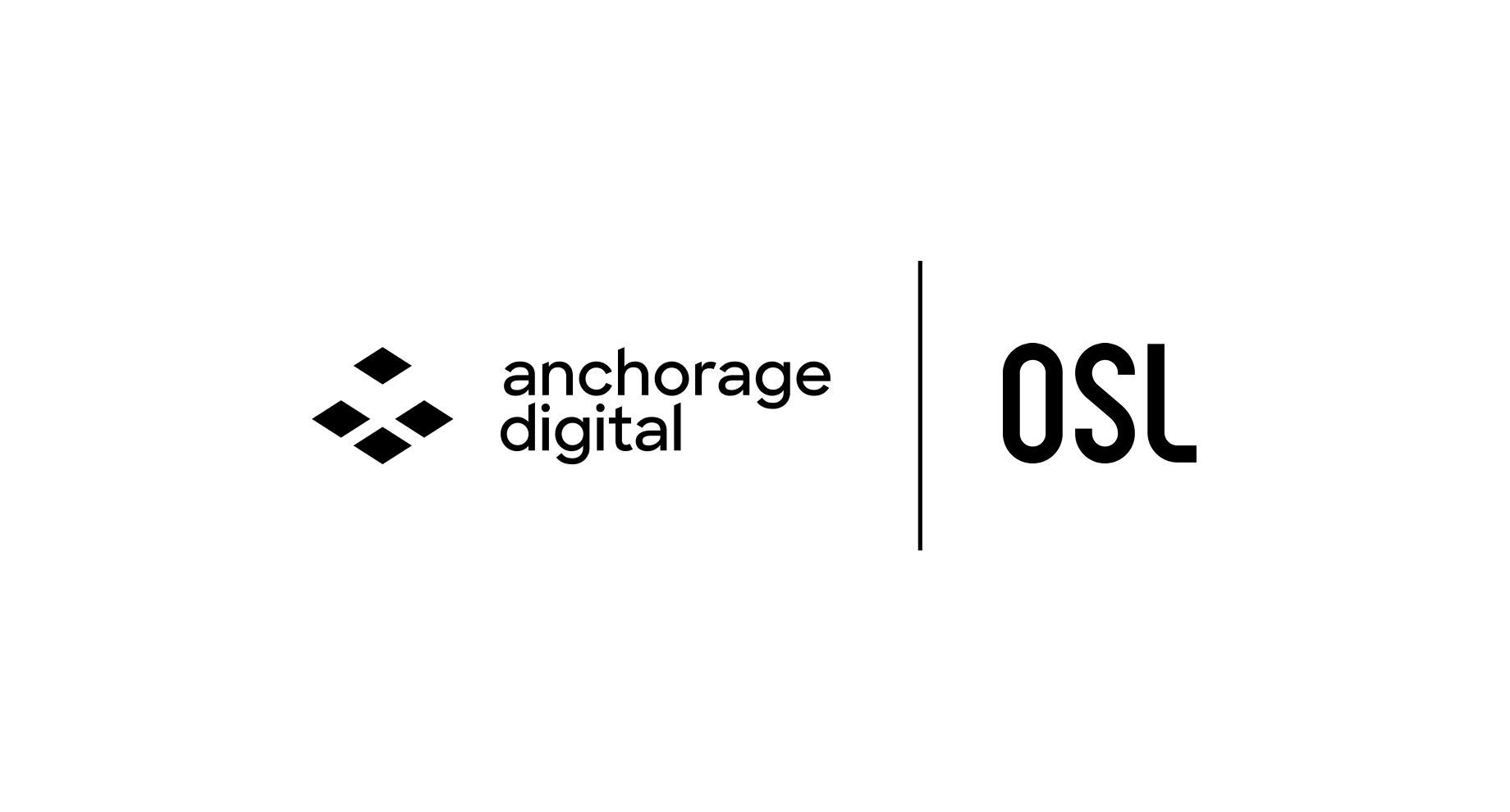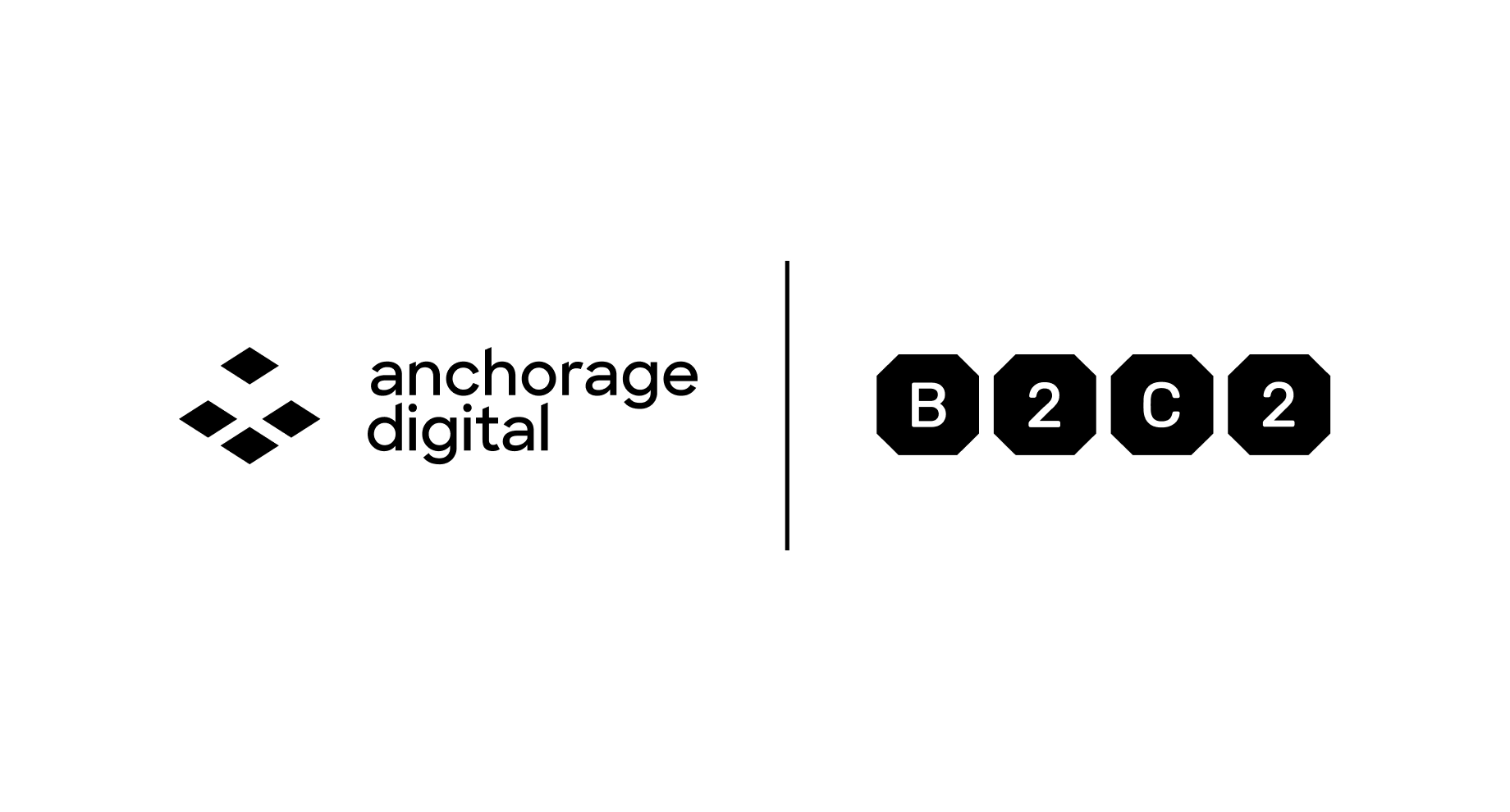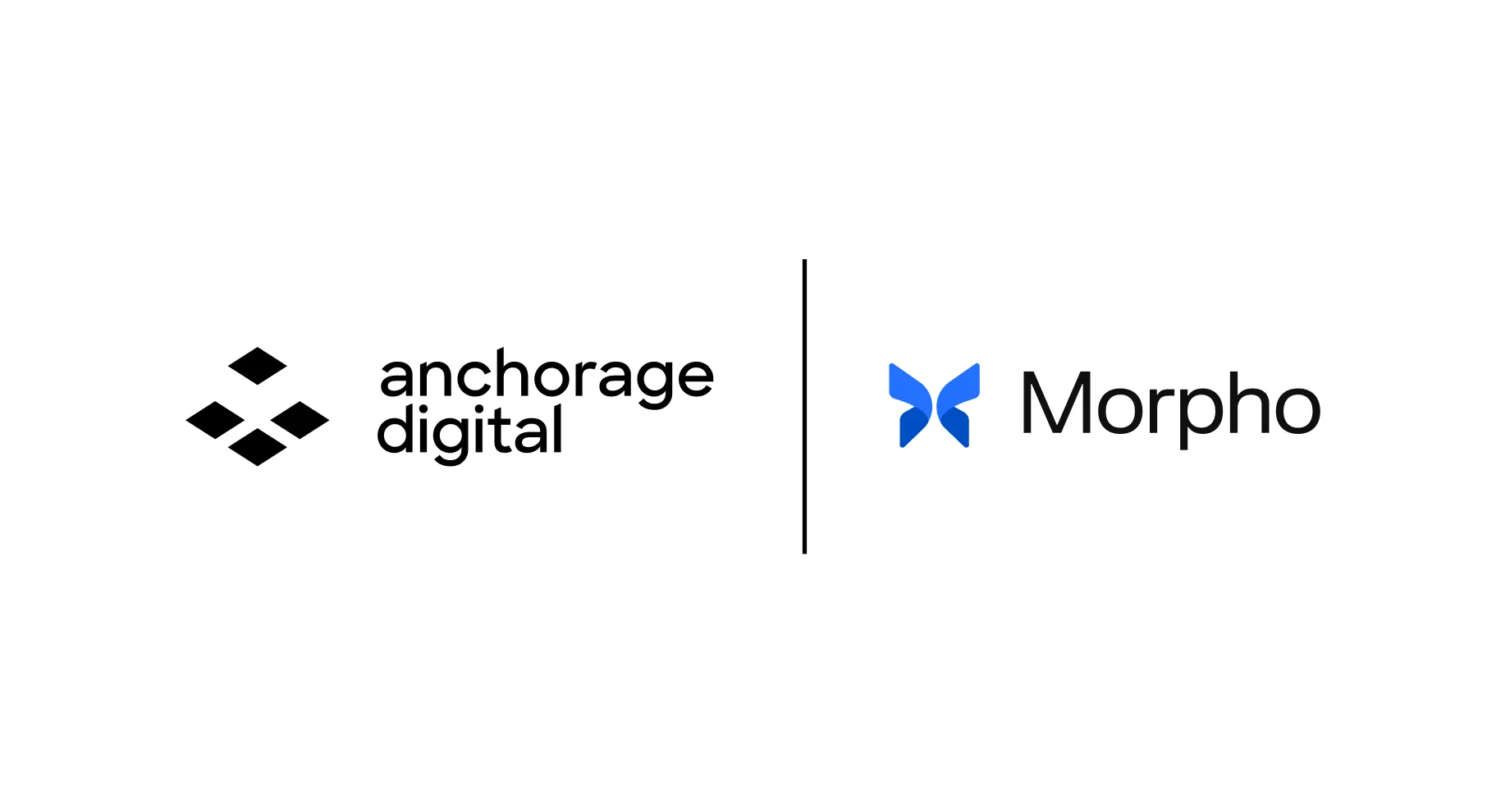Don’t Sleep on the OCC: Reflections From Four Years of Being the Only Federally Regulated Crypto Company

While much of the digital asset legislation being proposed by Congress puts the role of regulators like the SEC and CFTC front and center, there is one federal regulator that has already been quietly but effectively regulating crypto for the last four years: the Office of the Comptroller of the Currency (OCC). Since January 2021, when we received our groundbreaking OCC bank charter, allowing us to offer crypto custody, staking, settlement, and on-chain governance to institutional clients, Anchorage Digital Bank has been regulated and overseen by the OCC under existing laws and regulations.
Established in 1863 as an independent bureau of the U.S. Department of the Treasury, the OCC’s job is to charter and oversee a national system of federal banks and other financial institutions and ensure that they operate safely and soundly, treat customers fairly, and comply with federal banking laws and regulations.
In 2020 and 2021, the OCC issued a series of landmark interpretive letters in which it signaled that national banks are not only allowed but encouraged to engage with digital assets in a variety of ways, that it could be done safely, and that these activities were of the type banks traditionally engaged in, just with a new and evolving asset class and technology—crypto and blockchain. These letters set the stage for a new era in banking, bringing digital assets into the regulatory perimeter, and providing a framework for banks to offer a range of crypto services. This paved the way for us to receive our crypto banking charter four years ago today, the first and only of its kind.
As Congress commits to passing comprehensive crypto legislation, new OCC leadership is expected, and more traditional banks and financial institutions dive into crypto than ever, our experience demonstrates why national banks are a natural choice to offer a wide range of safe and regulated crypto products and services, and why the OCC is uniquely qualified to provide comprehensive oversight of digital assets.
A New Era in Banking
The 2020 and 2021 interpretive letters clarified that national banks were permitted to conduct a variety of crypto activities consistent with safe and sound banking practices.
In the first letter, Interpretive Letter 1170 (July 2020),1 the OCC stated that national banks can offer custodial services for cryptocurrencies and other digital assets. This was a pivotal interpretation of banks’ existing powers to hold and safeguard a wide range of assets; crypto simply represented a new type of asset based on a new technology, the custody of which had until then been dominated by specialized crypto firms and private wallets. By enabling banks to provide custodial services for cryptocurrencies like Bitcoin, Ethereum, and other digital assets, the OCC made it clear that the established frameworks of bank custody could be extended to digital assets, integrating them into the federal banking system and ensuring customer security. This move didn’t just open doors for traditional financial institutions; it also created an opportunity for an institution like ours to demonstrate that a fully regulated digital asset bank could exist within the parameters of U.S. law—offering custody services, digital asset storage, and even the ability to conduct transactions securely.
The OCC built on this framework in two interpretive letters that were even more prescient in providing necessary building blocks for regulated digital asset infrastructure: Interpretive Letter 1172 (October 2020),2 which concluded that national banks could custody stablecoin reserves, followed by Interpretive Letter 1174 (January 2021),3 which confirmed that national banks could engage in the use of stablecoins and node validators to facilitate payment activity, and buy, sell, and issue stablecoins. Together, the endorsement of stablecoins for use by banks marked a crucial step in integrating digital assets with traditional finance, and potentially allowing institutions to bridge the gap between the worlds of centralized finance (CeFi) and decentralized finance (DeFi).
Finally, Interpretive Letter 1176 (January 2021)4 affirmed the OCC’s discretionary authority to expand the activities of national trust banks to include certain activities of state trust banks under the “bootstrap” provisions of the federal banking laws, setting the stage for the OCC to allow national banks to offer services such as staking and on-chain governance, as it proceeded to allow with Anchorage Digital Bank. By permitting banks to participate in the underlying technologies that support cryptocurrencies, not just the assets themselves, the OCC encouraged innovation and further integration of digital assets into the mainstream financial system.
A Roadblock to American Innovation
In November 2021, under a change in leadership, the OCC issued Interpretive Letter 1179,5 which affirmed that the activities identified in Interpretive Letters 1170, 1172, 1174, and 1176 were legally permissible bank activities, but also imposed an unusual requirement: a bank had to first receive written non-objection from its OCC supervisor before it could engage in any of those activities. The standards by which non-objection would be granted were never articulated. Not surprisingly, no other entity has received a banking charter like the one granted to Anchorage Digital Bank in 2021; in fact, the two other OCC crypto bank charter applications that were pending at the time Interpretive Letter 1179 was published were never approved. Notwithstanding our bank charter, Interpretive Letter 1179 has acted as a roadblock to American innovation, deterring and preventing crypto banking from developing at the federal level, and shutting banks and other financial institutions out of the regulatory perimeter.
Looking Ahead
Despite the setback for broader innovation in crypto banking and the debate that Interpretive Letter 1179 sparked, one thing remains clear: the OCC has gained four years of valuable experience supervising us, a crypto bank offering many of the services addressed in the Interpretive Letters, including crypto custody, staking, settlement, on-chain governance, and the use of node validators and stablecoins to facilitate payments. In fact, to this day, because crypto legislation has yet to advance out of Congress and due to the failure of other federal regulators to create workable frameworks for crypto market participants, the OCC remains the only federal regulator with that kind of experience. With this track record, the institutional knowledge and infrastructure to manage the dual role of overseeing traditional financial services while supporting the innovation brought about by digital assets, the OCC’s potential role in overseeing comprehensive digital activity in digital assets should not be overlooked.
But how do we unlock this potential as we move into the new administration and next Congress?
First, the OCC should rescind Interpretive Letter 1179’s requirement that banks obtain pre-approval to engage in what the letter affirms are permissible bank activities, a highly unusual requirement for which the OCC provided little justification. Furthermore, while Congress has delegated to the OCC authority to determine whether certain activities fall within the “business of banking,” it is questionable whether the OCC may impose arbitrary pre-clearance requirements before a bank can engage in such activity.
Second, the OCC should consider expanding on its guidance in Interpretive Letter 1174, which stated that current bank-permissible activities include the issuance of a stablecoin, reasoning that like checks, debit cards, and other forms of electronically stored value for which banks traditionally facilitate payment services, stablecoins also serve as electronic representations of U.S. dollars and are merely a modern technology that afford a new means of carrying out the same kind of activity.
Third, as Congress continues to work on stablecoin and comprehensive market structure legislation, it should consider the OCC as a key digital asset regulator with respect to a wide range of digital asset activities, especially as digital assets continue to gain mainstream acceptance and adoption, including among traditional financial institutions like banks. With clear oversight and regulatory certainty, the OCC can ensure that the growth of digital assets takes place within a secure, stable, and transparent environment, as it has done with traditional national banks for over a century.
The OCC’s key role in regulating stablecoin issuance, in particular, should be seriously considered. The OCC’s existing infrastructure and regulatory frameworks already address many of the key concerns around capital adequacy, auditing, and consumer protection that are vital when issuing a stablecoin. Additionally, the OCC has the legal and regulatory tools at its disposal to ensure that stablecoin issuers comply with the necessary anti-money laundering (AML), know-your-customer (KYC), and terrorist financing regulations. Finally, the OCC, as part of the U.S. Department of the Treasury, would be in a unique position to ensure that any stablecoin issued is fully aligned with U.S. monetary policy goals.
The OCC’s leadership in regulating digital assets has set a critical precedent and blueprint for how crypto services can be integrated into the traditional banking sector in a secure, transparent, and compliant manner. Moving forward, the OCC should be empowered to build on this legacy by overseeing digital asset activities across a broad range of financial services—ensuring that innovation and consumer protection go hand in hand. Our hope is that more entities receive charters like ours or are allowed to expand their existing charters, leading to a dynamic and robust ecosystem of federal banks engaged in regulated crypto activity.
1. https://www.occ.gov/topics/charters-and-licensing/interpretations-and-actions/2020/int1170.pdf.
2. https://www.occ.gov/topics/charters-and-licensing/interpretations-and-actions/2020/int1172.pdf.
3. https://www.occ.gov/news-issuances/news-releases/2021/nr-occ-2021-2a.pdf.
4. https://www.occ.gov/topics/charters-and-licensing/interpretations-and-actions/2021/int1176.pdf.
5. https://www.occ.gov/topics/charters-and-licensing/interpretations-and-actions/2021/int1179.pdf.
About Anchorage Digital
Anchorage Digital is a global crypto platform that enables institutions to participate in digital assets through trading, staking, custody, governance, settlement, stablecoin issuance, and the industry’s leading security infrastructure. Home to Anchorage Digital Bank N.A., the first federally chartered crypto bank in the U.S., Anchorage Digital also serves institutions through Anchorage Digital Singapore, which is licensed by the Monetary Authority of Singapore; Anchorage Digital NY, which holds a BitLicense from the New York Department of Financial Services; and self-custody wallet Porto by Anchorage Digital. Anchorage Digital Bank also offers fiat custody services through the use of an FDIC-insured, licensed sub-custodian. Anchorage Digital is funded by leading institutions including Andreessen Horowitz, GIC, Goldman Sachs, KKR, and Visa, with a valuation of $4.2 billion. Founded in 2017 in San Francisco, California, Anchorage Digital has offices in New York, New York; Porto, Portugal; Singapore; and Sioux Falls, South Dakota. Learn more at anchorage.com, on X @Anchorage, and on LinkedIn.
This post is intended for informational purposes only. It is not to be construed as and does not constitute an offer to sell or a solicitation of an offer to purchase any securities in Anchor Labs, Inc., or any of its subsidiaries, and should not be relied upon to make any investment decisions. Furthermore, nothing within this announcement is intended to provide tax, legal, or investment advice and its contents should not be construed as a recommendation to buy, sell, or hold any security or digital asset or to engage in any transaction therein.
Anchorage Digital Bank National Association offers fiat custody services through the use of an FDIC-insured, licensed sub-custodian.








